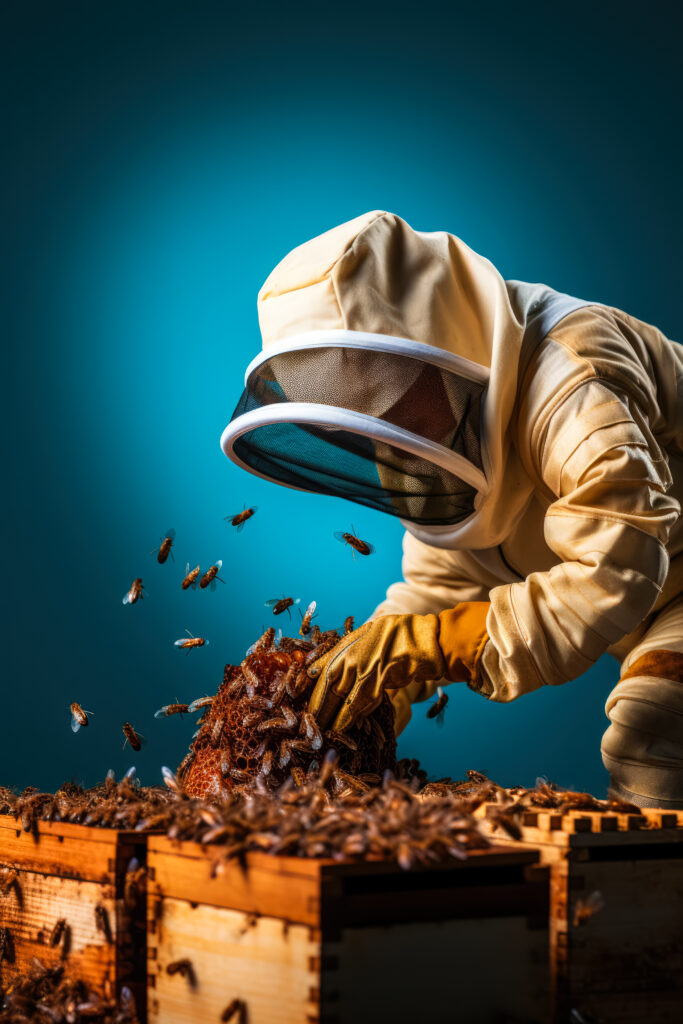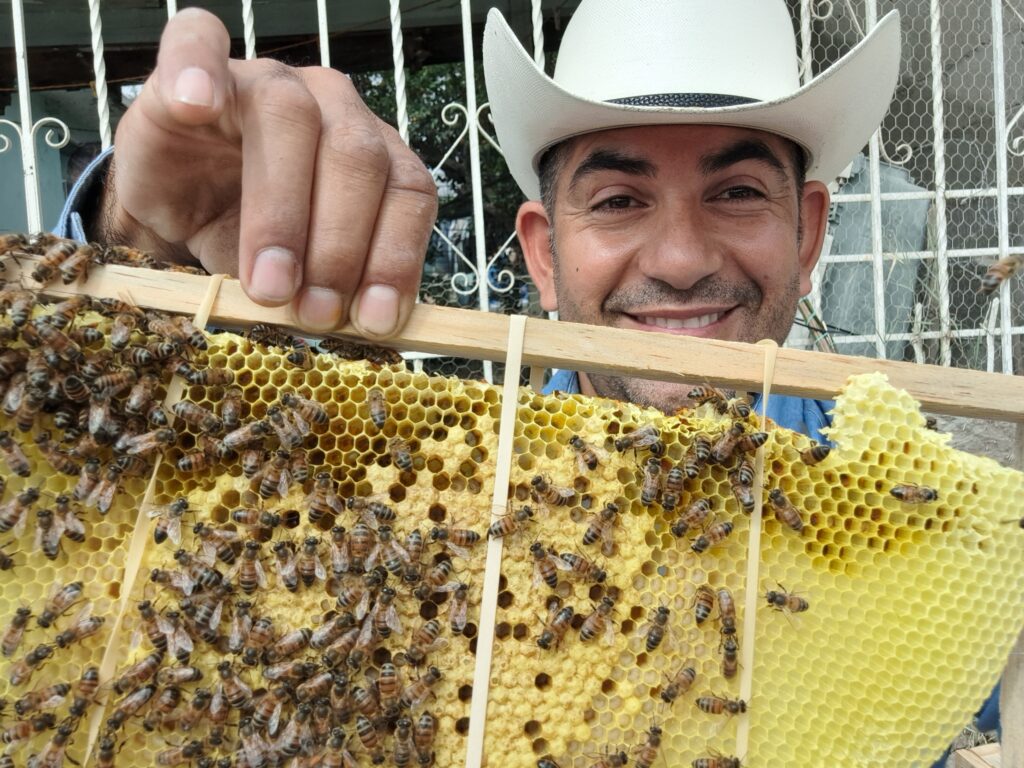Sustainable Beekeping Practices Reseach.
Sustainable Beekeeping Practices Research: Nurturing Bees, Ecosystems, and Agriculture
Introduction
Within the intricate world of apiculture, the domain of "Sustainable Beekeeping Practices Research" serves as a critical nexus where ecological stewardship, agricultural sustainability, and the well-being of bees converge. This category delves into the development and dissemination of practices and techniques that harmonize the needs of bee colonies with the preservation of ecosystems and the provision of vital pollination services. In this professional discourse, we explore the pivotal significance of sustainable beekeeping practices research, the multifaceted challenges it confronts, and the transformative contributions it offers to the realms of apiculture, biodiversity, and environmental conservation.
The Significance of Sustainable Beekeeping Practices Research
Sustainable beekeeping practices research is of paramount significance due to its profound impact on multiple facets of our environment and agricultural systems:
Ecosystem Health: Bees are crucial pollinators, and their well-being directly affects the health and diversity of ecosystems. Sustainable beekeeping practices help maintain the balance and resilience of these ecosystems.
Agricultural Sustainability: Bees play an integral role in the pollination of many crops. Research into sustainable practices ensures the continuity of this essential ecological service, enhancing agricultural productivity and food security.
Bee Colony Resilience: Sustainable beekeeping practices promote the health and resilience of bee colonies, leading to stronger, more productive hives and the conservation of bee populations.
Pesticide and Disease Management: Research into sustainable practices addresses the complex challenges of pesticide exposure and disease management, enabling the development of strategies that minimize harm to bees and other pollinators.
Challenges in Sustainable Beekeeping Practices Research
While the significance of sustainable beekeeping practices research is evident, it comes with formidable challenges:
Complex Interactions: Beekeeping is deeply intertwined with environmental, ecological, and agricultural factors. Understanding and managing these complex interactions require comprehensive research.
Environmental Variability: Environmental factors, including climate change, habitat loss, and the spread of invasive species, can disrupt beekeeping practices and necessitate adaptation and innovation.
Pesticide and Disease Management: Developing sustainable practices to mitigate the impact of pesticides and manage bee diseases is an ongoing challenge due to evolving threats and varying circumstances.
Education and Outreach: Disseminating research findings and promoting sustainable practices among beekeepers and the public is vital for creating a widespread impact.
Strategies in Sustainable Beekeeping Practices Research
Researchers employ various strategies to address these challenges and advance the field of sustainable beekeeping practices research:
Field Trials: Researchers conduct field trials to evaluate the effectiveness of sustainable practices in real-world conditions, assessing their impact on bee health and pollination services.
Integrated Pest Management (IPM): IPM strategies, which focus on minimizing the impact of pests and diseases while safeguarding bees, are central to sustainable beekeeping practices.
Native Plant Forage Restoration: The cultivation of native plants, especially those that support pollinators, is a key component of sustainable beekeeping, contributing to bee nutrition and ecosystem conservation.
Genomic Research: Advances in genetic research allow for the selection and breeding of bees with traits that promote colony resilience and productivity.
Education and Outreach: Collaboration with beekeepers, farmers, and policymakers is essential to promote sustainable practices and conservation efforts.
Benefits and the Way Forward
The benefits of sustainable beekeeping practices research are far-reaching:
Ecosystem Health: Research contributes to the health and resilience of ecosystems by supporting pollinators that are vital for plant reproduction and ecological stability.
Agricultural Productivity: Improved understanding of sustainable practices enhances agricultural productivity by optimizing pollination services.
Bee Colony Resilience: Sustainable practices lead to stronger and more resilient bee colonies, benefiting both beekeepers and native bee populations.
Scientific Advancements: Advances in the understanding of sustainable beekeeping practices have broader implications for agriculture, ecology, and environmental conservation.
In conclusion, sustainable beekeeping practices research represents an essential dimension of apiculture with profound implications for the environment, agriculture, and bee health. As we navigate the complex challenges posed by a changing world, the insights gained from this research are indispensable. The way forward entails continued research, collaboration between scientists and stakeholders, and the application of innovative techniques to address the challenges and unlock the potential of sustainable beekeeping practices research.




